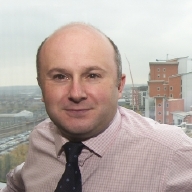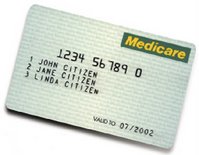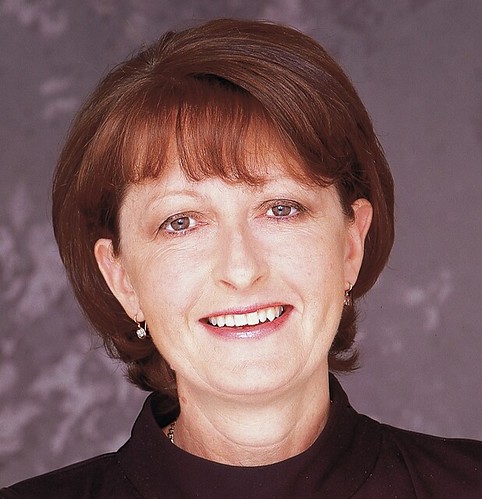Who's afraid of change?

The term most frequently uttered at this week's Australian General Practice Network conference had to be ‘change management’. In some sessions, barely a minute went by without the term working its way to the fore, especially in talks on why information technology has failed to deliver in the health sphere.
Perhaps I’m a tad defensive, but after a while it felt a bit like calls for ‘change management’ were code for ‘bringing those pesky, self-interested doctors into line’.
A presentation by UK IT chief, Richard Granger, was inspiring on one level; for details look at the Connecting for Health website. For instance, 98% of UK GPs are connected to the largest virtual private network in Europe, and all radiological images in two hospitals every week are being completely digitised, and therefore transmissible to other health providers at the touch of a key.
I wasn’t the only one in the audience who felt some speakers laid the blame for our poorly connected and incompatible system at GPs’ doors.
To quote one GP addressing an expert panel, which included a high-level federal government health advisor: ‘The problem’s not at our end, it’s at your end”.
Of course, it’s not about blame, and there’s no doubt a plethora of reasons we’re nowhere near as advanced as the UK.
But if I had to name one advance that would improve my ability to care for patients who have chronic and complex problems, it’s timely, legible, comprehensive discharge summaries. I simply want to know the results of all investigations performed and their interpretation by the treating specialist, the diagnosis, interventional treatments, what drugs were stopped and started and why.
I don’t have access to Health Connect, still being trialled in several locations, and perhaps this system will help solve this problem.
But by his own admission, even the talented and determined Mr Granger hasn’t managed to pull this one off in the UK.
So let’s stop blaming GPs. All those I know say if there’s a high-quality, connected information-sharing system that’s also secure, bring it on.



